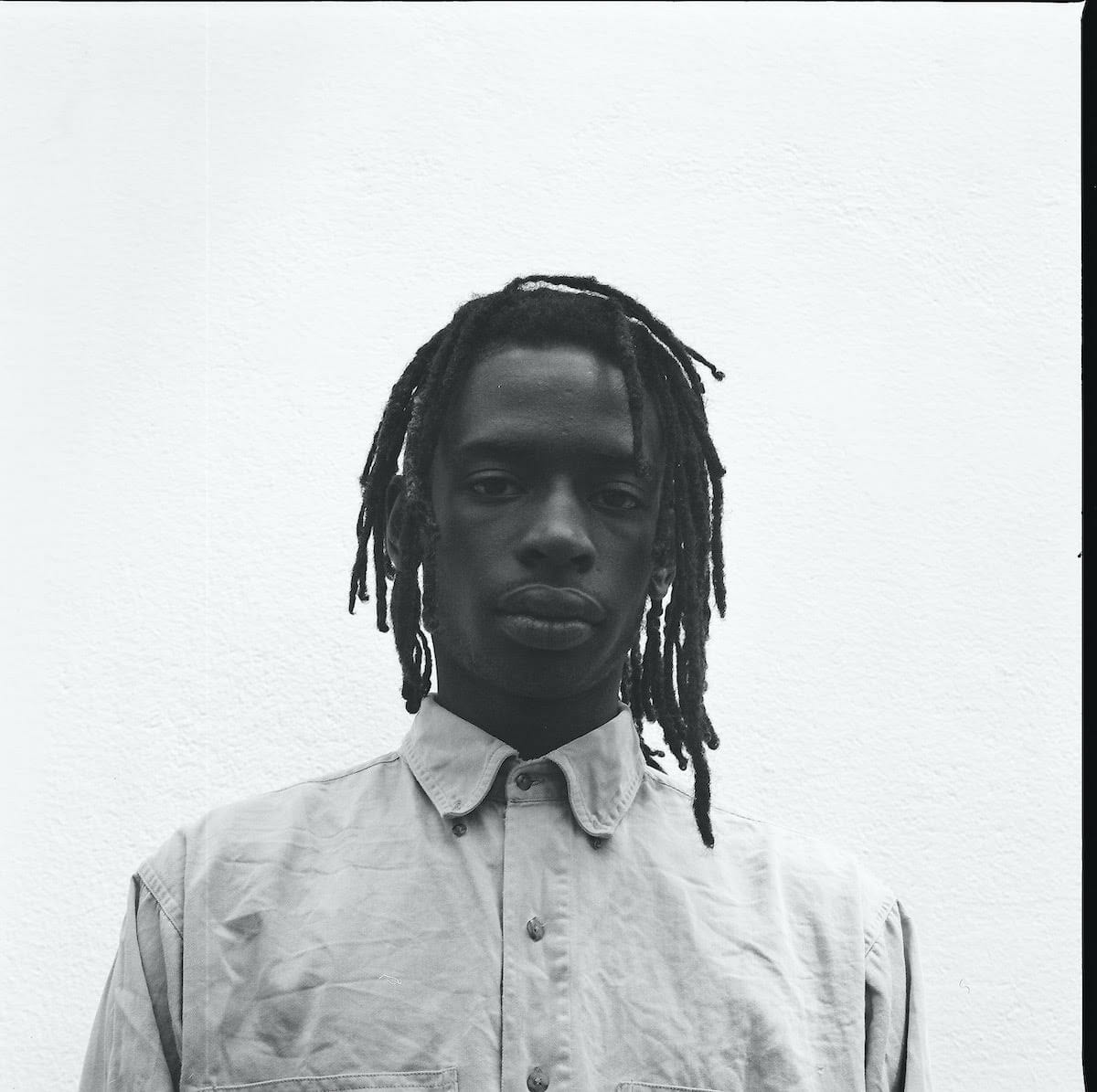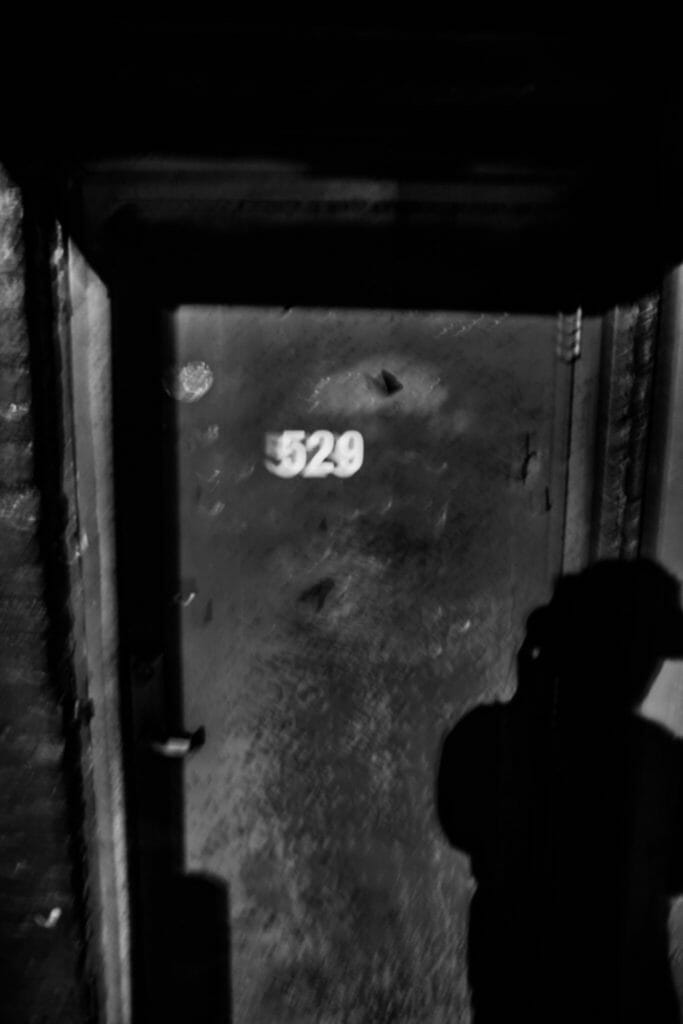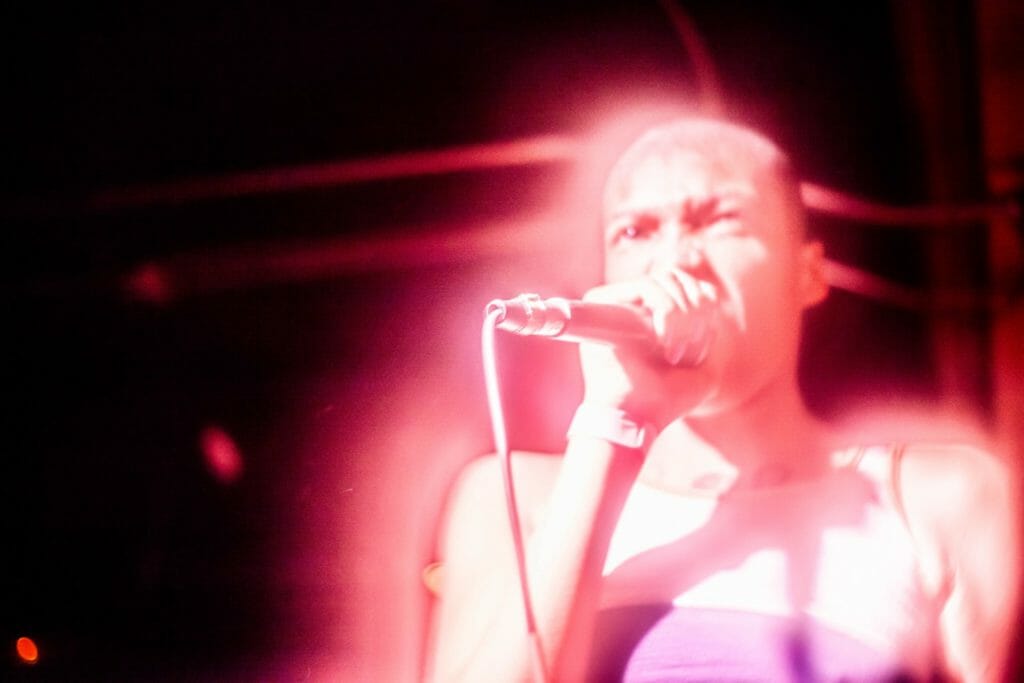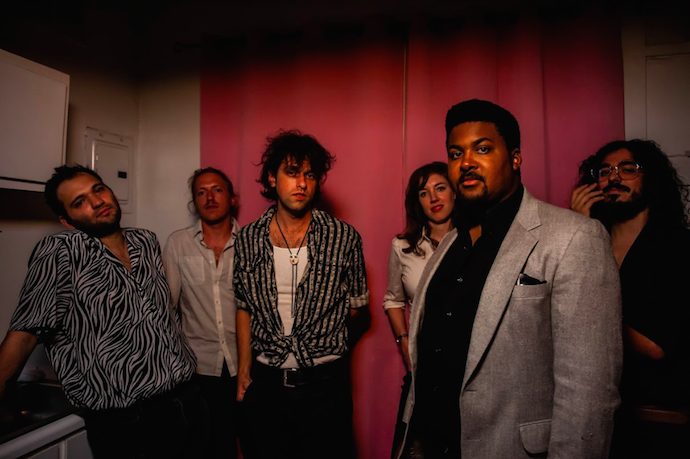Charleston-based producer, Contour, questions his own creative process and reaps the benefits of self-critique through Roy Ayers covers.
Grief is described as a deep sorrow, especially caused by someone’s death. Grief is a consequence of loss, but not all loss looks the same. There is the loss of one’s cat then there is the loss of a home in a fire. Folks lose children, parents, jobs, or their appetites for life.
Today, Black people are losing their lives. Trans people are losing their lives. Disabled, elderly folks, and pregnant women are all losing their lives. We are operating off of limited resources and slashed household incomes.
In times of great distress, folks cope by leaning into music. Charleston-based producer Contour makes music that speaks to emotion and resonates with those grappling with loss. Surely a person singing, “Walking through the day again, with these chains on me” can help make sense of heavy emotion..
Because there is the topical chaos and then there is Contour with a collected, jazz-influenced-R&B response.
“[I’ve been] reading a lot,” he shared. “I’m working on my ability to read more and more each day. [I’m] immersing myself as a student in everything Black as much as I can. I’m really getting into being more of a student than I was before.”
His self-released EP, Weight, released on March 12, accurately captures this kind of emotional labor.
“The title [and] all of the lyrical content was dealing with emotions, how the act of carrying emotions is unavoidable and how I navigate that,” he explained.
Our conversation, held over the phone in the name of feasibility and safety, started like every other phone call made in this grim era. “How are you feeling today, how is your health?” I asked. Khari, as he’s known to his friends and family, shared that he’s in good health.
Eager to learn more, I pressed on about the process behind Weight. “I didn’t get into a project mode,” he said. “I was [actually] in a writing slump.”
Contour questioned whether his work was profound enough. “I wasn’t really writing anything. I started writing again towards the beginning of the year, like January. Not forcing myself, but trying to be disciplined about working. I also started piano lessons which have measured [and] guided objectives for me to spend my energy creatively. [The lessons were] helpful and [I avoided] being stuck in the limbo of ‘I have no real purpose in what I\’m doing,’” Contour shared.

It could be argued that Weight was born because of the internal critique, not in spite of it. The four-track EP was meant to be a touring solution.
“I was getting ready to go on tour, which never happened,” he said. “I was listening through all of my demos and [thought] ‘these four songs or pieces of things seem like they could go together very well.’ I decided it would be a good idea to throw something together and then I\’d be doing the smart industry thing of touring an actual project. From there, I got into two weeks of actual ‘project mode’ by listening to the instrumentals I finished every day. [I was] walking around, driving around and it would hit me, and I’d go home to record. Everything eventually came together.”
The coronavirus pandemic pumped the brakes on nearly all tours, Contour’s included. However, this didn’t stop folks from resonating with his music. If anything, the separation of folks from each other deepened listeners’ connection to every chord and every note.
I asked the former NTS guest about his process of switching between singer-songwriter and multi-instrumental producer. “That’s a good question,” he laughed. “I feel like my relationship to that process is constantly changing. I have to constantly be in conversation with myself. For a long time, I was producing an idea and doing everything in one go. Produce, write, and record. If I couldn’t naturally record that way, [I would think a song] wasn’t gonna happen or wasn’t strong enough.”
It’s a hard feeling to explain, but creating something and walking away from it, moving from project to process, requires humility.
“One of the things that I was trying to figure out is if I was okay with the idea of breaking the process up more: producing, writing, and coming back to edit more,” Contour shared. “[This] is the headspace I\’m in now and the headspace I was in when I was finishing Weight. I have to be in conversation with myself, listening to myself, and letting my practice tell me what it is I need to be doing — which can be hard. Sometimes it takes a lot of time to find the clarity to figure out what the answer to that question is.”
Truly, finding clarity can be difficult. Maybe this process works for some creative projects and not others. Certainly, solving the world’s inequity won’t be done in a night. And neither was Weight.
Contour shared that a majority of the production for the EP was done in September of last year. The producer is in his comfort zone with beats, percussive attitudes, guitar riffs, and piano chords. It was finding the words that took the most time, ultimately spurning a new process for him.
Weight realizes the young writer’s lyrical dexterity, depth, and range. Particularly in “Distance,” the EP’s stand-out track features intimate lyrics. “To be honest / I feel distance,” Contour sings. “You say it’s cool / I feel different / I don’t want to pay it attention / I’m not gonna pay it attention.”
His songs, largely autobiographical, navigate emotion in a way that’s easy to relate to. Stories embedded in songs like “Rain Main Freestyle”, “Good Call” and “Lies” are unique to Contour, but feature basic themes like change, compassion, discomfort and heaviness.
“In my writing process, I’ve always written in a way where the meaning of what I\’m writing reveals itself to me a while after I finish the work,” Contour acknowledged. “It takes living with it or experiencing things. It’s almost like my subconscious is doing the writing and I learn somewhere down the line, ‘Okay, that\’s what I was trying to say.’”
Contour has released two singles via Bandcamp since Weight, “Go Away” and “Sweet Tears,” which are Strawberry Switchblade and Roy Ayers covers, respectively. Contour described the singles as excited responses to the original work.
“I heard this song [by Ayers] and was like, ‘This is so crazy. Let me look up the chords and see if it’s something I can play,’” Contour shared. He patchworked the cover together leaning on his newfound piano skills and trusted stock of drum feels.
“I did vocals last, which was hard,” he admitted. “I had to play a lot with my meter and balance all the space out.”

Both singles are available on Bandcamp for purchase with all proceeds from their sale going towards the Black School, an experimental art school teaching Black history. Highlighted on their website is their mission “to promote and extend the legacy of art in Black radical histories by providing innovative education alternatives centered in Black love.”
“The Black School started in NYC and they are trying to build a legitimate space in NOLA,” Contour shared. As a graduate of Charleston County School of The Arts, he further explained the Black School’s mission of prioritizing Black children was important to him. “As somebody that went to art school and encountered trauma in that experience, it really resonated with me.”
This forced hiatus from performing highlights many artists’ capacity for true creativity. Contour’s work, both in and out of the studio, has been pretty ingenious. From an EP to singles raising money for Black children to live-streamed performances peppered with radical conversation, Contour is making the most of a summer with no stages.
“It’s been disappointing,” he said, reflecting on the ramifications of the year’s ongoing pandemic. “One of the things I’m missing is being able to travel, being in conversation with an audience and getting to do improvisational stuff. It’s been a process with getting more in touch with solo exploration.”
What does art offer us when we have to sit with it alone? Specifically, what can music do for us when we’re without our stages? Through his self-imposed studies, Contour is busy reimagining what music and solo exploration can do for communities struck with grief. He’s utilized his platform to send aid where it’s needed, but further than that, he’s engaging with his community — past, present, and future — to inform better decisions. To inform healing.
For clarity, his work with past communities is being gleaned from all of the books he’s reading. “I’m thinking of ways to engage as an artist outside of releasing projects; things that reach beyond the ‘sit in my room and create songs’ approach,” he said. “I’m trusting that I’ll gain insight from [this period] to move forward.”
His work with the present can be punctuated and best understood in his archived performance and Q&A with the art platform Black Science Fiction. And notably, his prioritization of projects like the Black School speak to his engagement with the future.
In a time of grief as a response to great loss, Contour and his work are reminiscent of the practices that can mitigate those heavy feelings. It’s in his music, but if it’s not clear, his praxis is made plain with his life. The best teachers are students. To build a better future, we must understand our past. And music is not a destination or lifestyle, but a tool in which to change the world.




